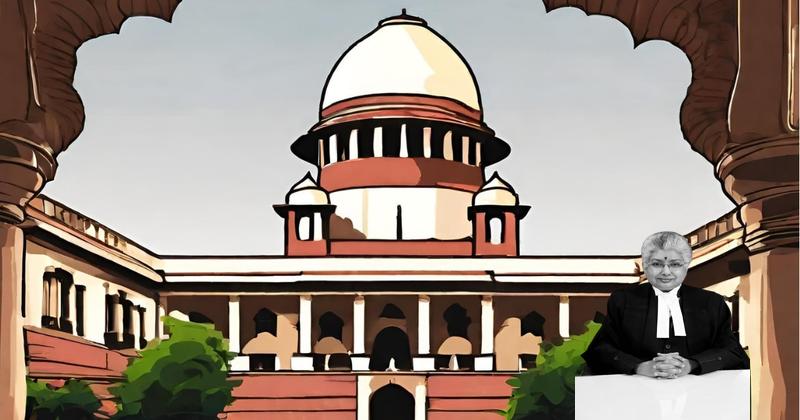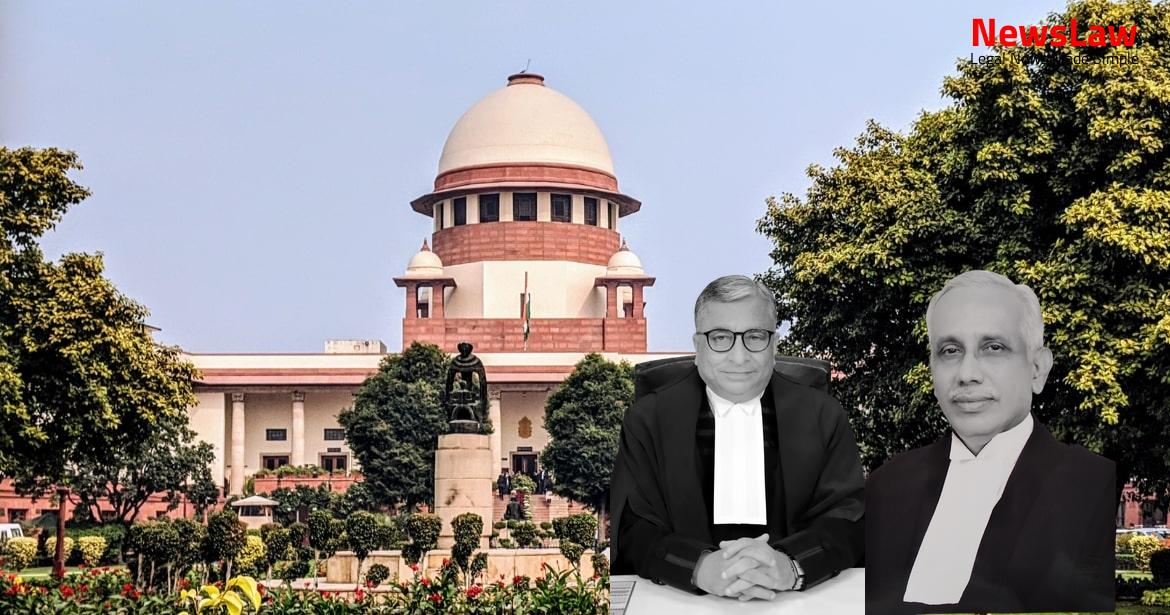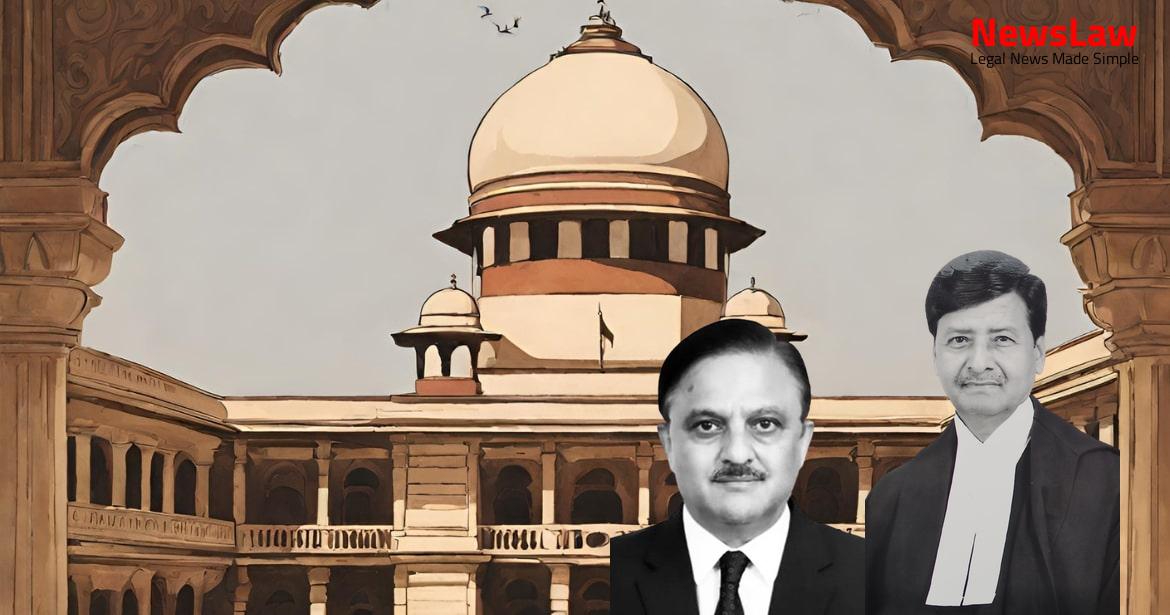Briefly stated the facts are that an FIR bearing No.01/2015 was registered by the complainant against the Appellant’s son before the Chathannoor Police Station invoking Sections 279 and 304A of the IPC. Respondent No.1 herein also has filed a claim petition in which the deceased son of the Appellant was named as Respondent No.4 and the driver of the tanker lorry, Ramar, is named as Respondent No.2.
The Assistant Commissioner of Police took over further investigation of the case and submitted a final report before the JMFC, Paravur, Kollam, stating that the incident was an unavoidable accident; that the incident had occurred because the Appellant’s son’s Alto car was trying to overtake a pick-up van and the driver of the van did not give way, and as a result, the car hit the van and thereafter collided with the tanker lorry.
The High Court, by the impugned judgment dated 31.03.2022, has allowed the petition filed by Respondent No.1 and quashed the final report dated 29.11.2019 wherein it has been observed that the incident was an unavoidable accident, not attributable to 4 negligence on the part of Appellant’s son.
In this regard, our attention was drawn to the fact that the earlier final report was filed by the Assistant Commissioner of Police, Kollam District Crime Branch dated 27.01.2016 for the offences under Section 279 and 304A of the IPC as against the Appellant’s son, although the FIR was filed against Ramar also, the driver of tanker lorry.
Also Read: https://newslaw.in/?p=655
Further, the observations of the High Court to the effect that the car driven by the Appellant’s son, Nixon Abey Mathew, was being driven rashly; that the car had gone astray to the wrong side; that the possibility that the driver of the car had driven the car after consuming alcohol cannot be ruled out; that rashness and negligence on the part of the driver of the car is patent and that this is a clear case in which the principle of res ispa loquitor applies, are in the nature of findings which were wholly unnecessary to be made while considering the correctness or otherwise of the final report submitted on further investigation of the case.
The opinions expressed which are in the nature of findings while considering the correctness or otherwise of the final report submitted on a further investigation of the case and thereby quashing the same is, in our view, not a correct and proper approach adopted by the High Court.
It is needless to observe that if the proof of negligence on the part of the drivers of the three vehicles is not established then, in that event, the claim petition will be disposed of accordingly.
Similarly, in (2009) 13 SCC 530, in the case of Bimla Devi vs Himachal Road Transport Corporation (“Bimla Devi”), it was observed that in a claim petition filed under Section 166 of the Motor Vehicles Act, 1988, the Tribunal has to determine the amount of fair compensation to be granted in the event an accident has taken place by reason of negligence of a driver of a motor vehicle.
Also Read: https://newslaw.in/?p=384
In that view of the matter, it is for the Appellant herein to establish negligence on the part of the driver of the tanker lorry in the petition filed by him seeking compensation on account of death of his son in the 8 said accident.
Case Title: MATHEW ALEXANDER Vs. MOHAMMED SHAFI (2023 INSC 621)
Case Number: Crl.A. No.-001931-001931 / 2023



